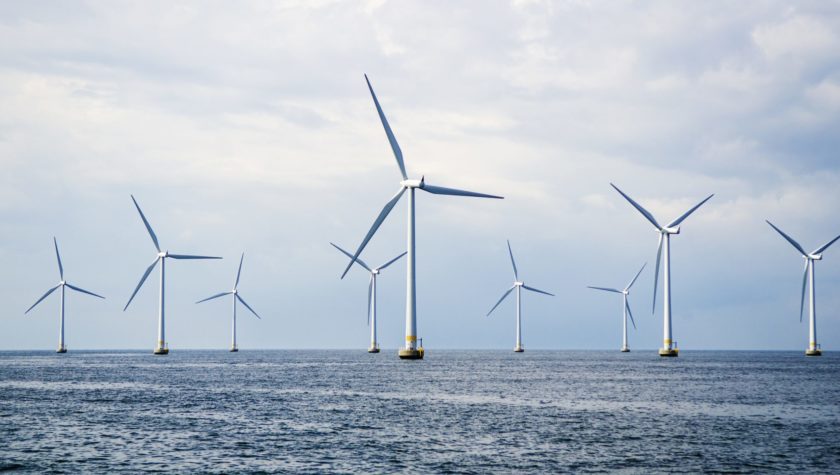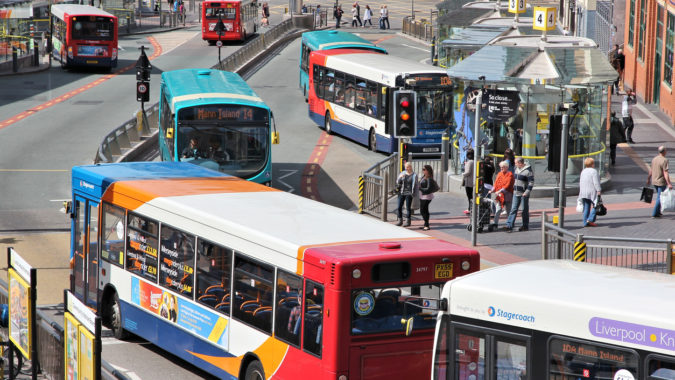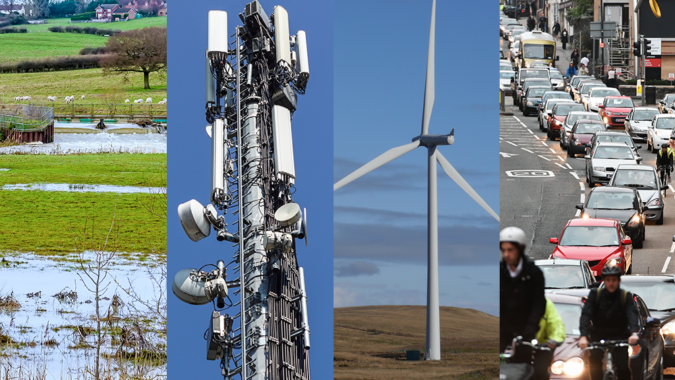Two years ago, the cost of offshore wind stood at £114.50 per Megawatt hour – now, the industry is close to being subsidy-free. It’s a remarkable success thanks in no small part to consistent policy from successive governments, which has enabled the industry to develop at scale. But there’s more to be done if this is to be a main source of energy for the future.
The winners of the auctions for the latest round of subsidy contracts include two large offshore wind farms set to come on-stream in 2023 at a cost of £57.50 per Megawatt hour, half the price of two years ago. It makes this energy source competitive with new gas generation, and makes it significantly cheaper than the £92.50 per Megawatt hour cost at the new Hinkley Point nuclear power station.
There are several reasons for this substantial fall in costs. Blades have become bigger – at over 200m tall, the newest turbines are twice as high as the Elizabeth Tower of the Houses of Parliament – and can generate power more efficiently. Using auctions to allocate subsidies has also led to competition between developers, and reductions in costs. The successful design and execution of these have been a testament to the skill of officials at the Department for Business, Energy and Industrial Strategy, the Electricity Market Reform (EMR) delivery body and the Low Carbon Contracts company – and all this has led to lower bills. But politicians must also be given credit for supporting the development of offshore wind over the past decade, even when that meant larger subsidies for the early projects. This consensus across successive governments to develop the industry at scale has given wind farm developers the predictability they need to find cheap finance, and invest in the supply chain to manufacture, install and maintain the turbines.
But there is still more to be done if we are to end carbon emissions from our power sector cheaply. The intermittency of offshore wind and other renewable energy sources means we must make our electricity system more flexible. Our Smart Power report found that this could save consumers £8 billion per year by 2030, and I’m encouraged that the Government has taken forward our recommendations in its Smart Systems Plan.
We at the National Infrastructure Commission also have a role to play: as we look further into the future, we need to consider the impact of the growth of electric vehicles and the need to move away from natural gas to heat our homes – if we don’t just use electricity to light our rooms and power our appliances, demand will be greater. It is also difficult to predict which generation source will be the cheapest in 10, 20 or even 30 years’ time, given that the big changes in costs we have seen over recent years are unlikely to be the last. But we do know that our future energy needs will need to be met from a mixture of technologies, coupled with storage, smart networks and big improvements in energy efficiency.
Next month, we’ll be publishing the first stage of our National Infrastructure Assessment, the first of its kind for our country. In it we’ll set out the big questions we’ll need to answer so we can eliminate carbon emissions at its lowest cost. But in the meantime, this infrastructure success story gives us cause for celebration, and an increasingly viable and affordable option for the future.



